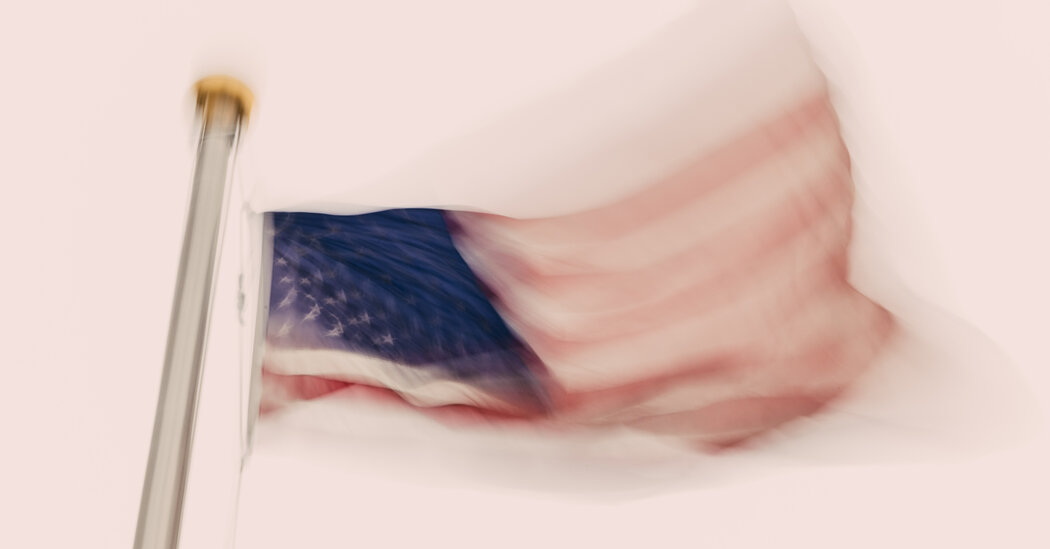…Yet it seems safe to say that the world no longer trusts U.S. promises, and perhaps no longer fears U.S. threats, the way it used to. The problem, however, isn’t Biden; it’s the party that reflexively attacks him for anything that goes wrong.
Right now America is a superpower without a fully functioning government. Specifically, the House of Representatives has no speaker, so it can’t pass legislation, including bills funding the government and providing aid to U.S. allies. The House is paralyzed because Republican extremists, who have refused to acknowledge Biden’s legitimacy and promoted chaos rather than participating in governance, have turned these tactics on their own party. At this point it’s hard to see how anyone can become speaker without Democratic votes — but even less extreme Republicans refuse to reach across the aisle.
And even if Republicans do somehow manage to elect a speaker, it seems all too likely that whoever gets the job will have to promise the hard right that he will betray Ukraine.
Given this political reality, how much can any nation trust U.S. assurances of support? How can we expect foreign enemies of democracy to fear America when they know that there are powerful forces here that share their disdain?



The term was around before this war, and doesn’t even refer to peace as much as it refers to protected trade routes, with America doing the protecting. The idea is that America enables global trade by ensuring that trade isn’t plundered or threatened by neighboring countries, unstable regimes, or pirates by patrolling those trade routes with massive aircraft carriers to make sure everyone’s following international rules. It also sometimes refers to trade effectively being brokered globally through American channels (effectively the case regardless of agreement so long as the American dollar is also the exchange currency, as it used to be the near-exclusive reserve currency for the IMF), which massively, disproportionately benefits America, but also benefits global trade. Before the Pax Americana was the Pax Brittanica, largely in the same way and for the same reasons. The original term (what the Pax Brittanica referred to, before the sun started setting on the British Empire) was the Pax Romana.